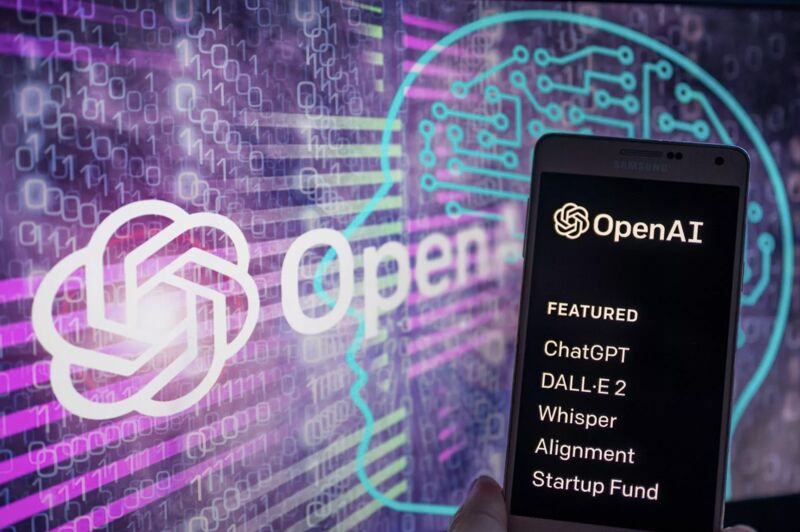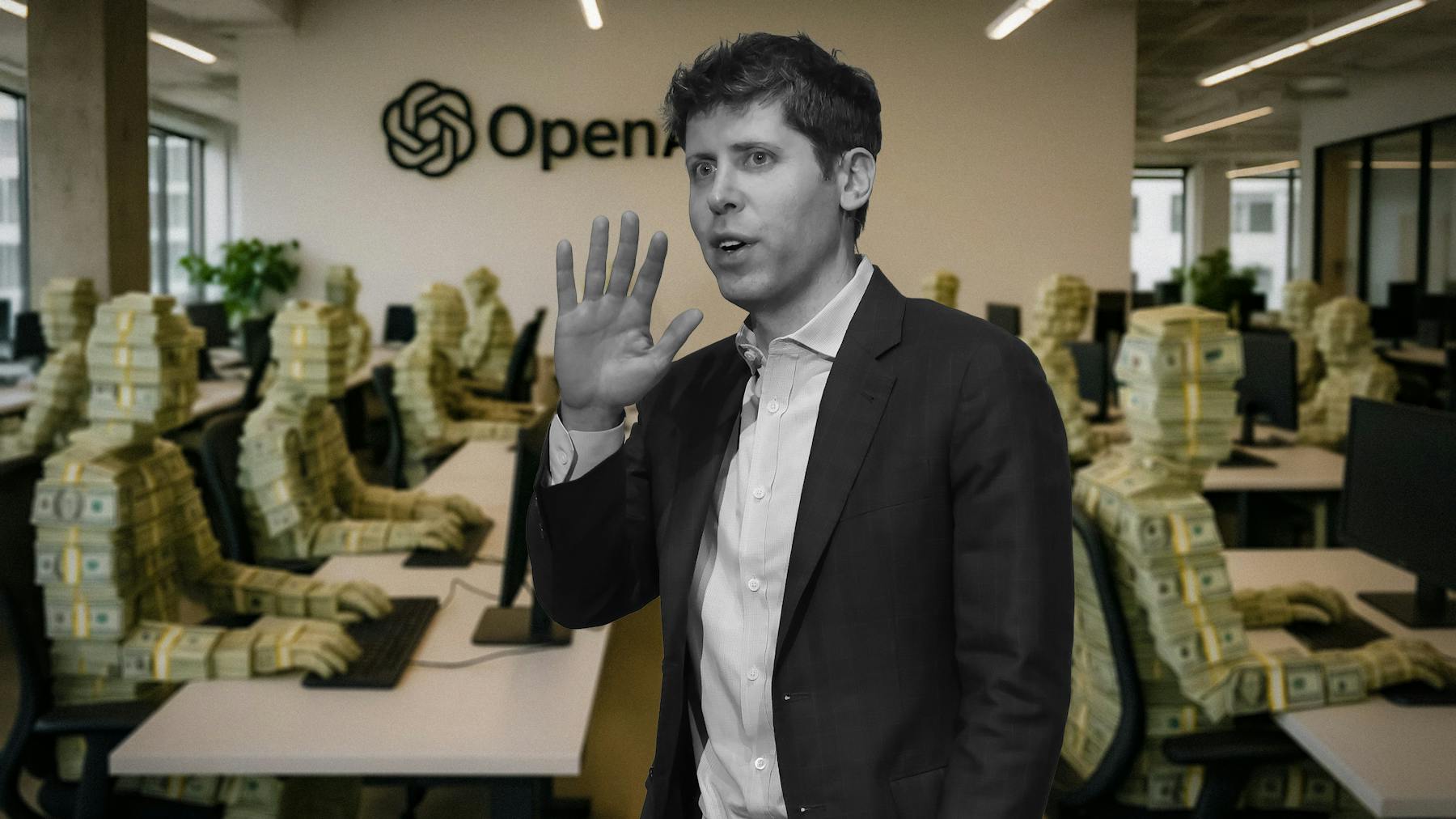n the competitive world of artificial intelligence, attracting and retaining the best talent has become a strategic priority for companies. One of the most powerful tools in this battle is equity compensation. For OpenAI, this strategy is central to its hiring and retention policies. OpenAI equity compensation is not just a financial incentive it’s a reflection of how intense the AI talent wars have become.
With AI reshaping industries from healthcare to finance, the demand for elite AI researchers, engineers, and scientists has skyrocketed. To compete with tech giants like Google, Microsoft, and Meta, OpenAI has crafted a unique equity compensation model that is both generous and strategic.
The Rise of OpenAI Equity Compensation
Traditionally, tech companies use stock options or restricted stock units (RSUs) to reward employees. However! OpenAI, as a private entity with a capped profit structure, has had to innovate. In recent years, OpenAI equity compensation has evolved into a sophisticated system designed to align employee incentives with long-term success.
Unlike conventional startups, OpenAI offers Profit Participation Units (PPUs), a form of synthetic equity that allows employees to share in the financial upside without directly holding company stock. This model reflects OpenAI’s mission driven approach while still providing competitive rewards.
The Profit Participation Model
In 2023, OpenAI disclosed that its PPUs allowed employees to benefit from the company’s meteoric growth, especially after its partnership with Microsoft and the success of ChatGPT. Insiders report that senior AI engineers and researchers have received equity packages valued in the millions, rivaling or exceeding offers from Silicon Valley heavyweights.
For example, a lead researcher who joined OpenAI in 2022 reportedly received PPUs that could be worth over $10 million based on recent valuations. This case highlights how OpenAI equity compensation has become critical in attracting and retaining world class AI talent.
While generous, some experts question whether OpenAI equity compensation is sustainable in the long run. Dr. Ethan Cole, an AI policy analyst at Stanford, notes, “The competition for AI talent is so fierce that companies are stretching their compensation models to the limits. OpenAI’s approach is innovative, but it also reflects the unprecedented pressure these firms face.”
On the other hand, OpenAI CEO Sam Altman defends the strategy, stating, “If we want to build safe and beneficial AI, we must hire the best people and reward them for staying focused on the mission.”

Inside the AI Pressure Cooker
For many OpenAI employees, equity compensation is life changing. But it comes with high expectations.
An anonymous AI engineer shared, “The PPUs are exciting. But they also come with immense pressure. You know your work directly impacts the future of AI and your financial future too.”
She describes long hours, rigorous research deadlines, and constant scrutiny from the outside world. Yet, the opportunity to share in OpenAI’s success keeps morale high.
Broader Industry Impact
OpenAI equity compensation isn’t happening in isolation it’s reshaping the entire AI job market.
1. Escalating Salary Wars
As OpenAI boosts equity offerings, rivals like Anthropic, Cohere, and DeepMind are forced to respond with competitive packages. This has led to an escalation in AI salaries and stock offers across the industry.
2. Consolidation of Talent
Generous equity rewards tend to concentrate AI expertise within a handful of powerful firms. Smaller startups and academia often struggle to compete, raising concerns about diversity in AI development.
3. Valuation Bubbles
High value equity compensation contributes to inflated company valuations. If AI growth slows or faces regulation, employees may face financial uncertainty.
What’s Next for OpenAI and AI Talent Compensation?
The future of OpenAI equity compensation depends on multiple factors-
Market conditions: Continued AI success could make PPUs more valuable, but economic downturns could reduce their appeal.
Regulatory environment: Governments may introduce rules affecting AI firms’ financial models.
Ethical considerations: Balancing profit driven incentives with responsible AI development remains an ongoing challenge.
OpenAI equity compensation reflects both the incredible promise of AI and the intense competition shaping its future. While the model provides employees with significant financial incentives, it also illustrates how high the stakes have become in the AI talent wars.
For OpenAI, success depends not only on technological breakthroughs but also on its ability to attract, reward, and retain the brightest minds a mission where equity compensation is playing a central role.

2 thoughts on “OpenAI Equity Compensation: Inside the AI Talent Wars”